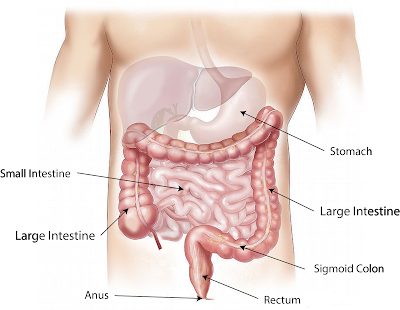Common digestive problems
GERD
Gastroesophageal reflux disease occurs when stomach acid frequently flows back into the esophagus. This can irritate the lining of your esophagus.
Gastritis
Irritations to the stomach can cause indigestion, constipation, ulcers, burning sensation, and bloating.
IBS
Irritable bowel syndrome can cause diarrhea, constipation, pain in the stomach, and bloating.
Causes of digestive problems
Stress is one of the leading causes of digestive complaints, and during the pandemic, stress levels have been alarmingly high, and patients presenting with digestive problems have increased. The doctors comfort patients with the advice that, most times, digestive problems are not symptoms of a major disease but can be eased with some lifestyle changes.
Managing digestive problems
· Lower stress with meditation/yoga
· Avoid spicy/oily food
· Eat a light meal at dinner
· Instead of 3 big meals, have 5 smaller meals
· Be more active
· Avoid smoking/drinking
· Identify your triggers and avoid them
Read Also Coronavirus vaccine update – The Hype and The Facts
When to see a Doctor
If your symptoms are long-lasting, chronic, or are causing other complications, see a doctor. You may need to have tests done, which may include:-
Diagnostic endoscopy – a nonsurgical procedure used to examine a person's digestive tract.
Therapeutic endoscopy - an endoscopic procedure that can diagnose as well as treat the disease.
Colonoscopy - used to detect changes or abnormalities in the large intestine and rectum.
ERCP (endoscopic retrograde cholangiopancreatography) - used to diagnose diseases of the gallbladder, biliary system, pancreas, and liver.
Most times, digestive problems can be managed and eased with small lifestyle changes.






No comments:
Post a Comment